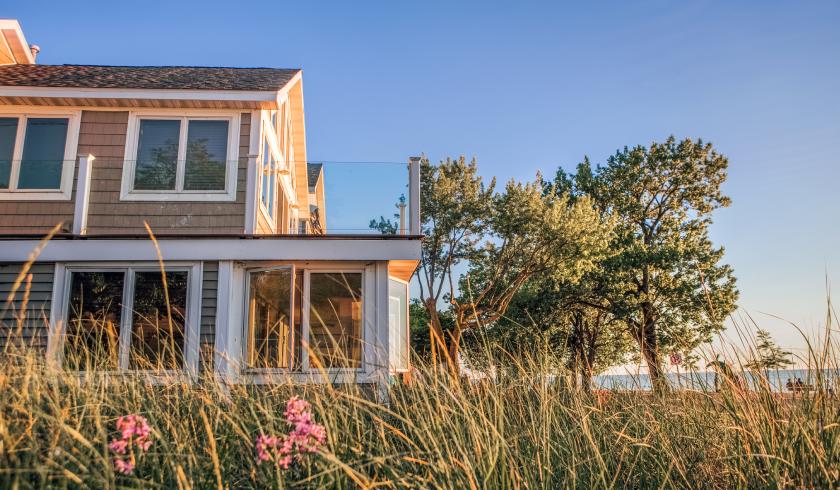Holiday home rules for co-owners that will keep the peace

Buying a holiday home is a good way to enter the property market. When you co-own, not only is it less expensive to acquire and secure the property, but you also have a permanent holiday destination, saving you hundreds of dollars each year on accommodation costs.
However, like with any family affair, sharing a holiday home will have certain drawbacks. It’s critical to establish some strong guidelines in order for the group to co-own in peace. Otherwise, things could turn sour.
Angus Raine, executive chairman of Raine & Horne, said: “If you’re fortunate enough to have a share in a holiday home, get together with family members to review what worked over the Christmas period and what could work better in 2022 starting with Easter.”
Schedule-sharing scheme that won’t break ties
When it comes to making everyone happy with their scheduled use of the holiday home, especially during peak seasons like Christmas, school holidays, and Easter, the first order of the day is to keep things in order.
Mr Raine has suggested a schedule-sharing scheme or using the property during off-peak season:
“Some families solve this by alternating from year to year. In others, family members may have more flexibility because they’re retired or self-employed – and might agree to holiday at non-peak times such as May or August.”
Whatever option you choose, as long as it is fair and uses sound judgement, the Raine & Horne executive chairman believes “families can always find a solution that works”.
Housekeeping duties so you can keep the house
Cleaning and housekeeping are hot topics that some families sweep under the rug to avoid conflict. Mr Raine’s take on this issue is to level off with your co-owners so you can be on the same plane.
“Family members may have different ideas about cleanliness, but that won’t be an issue if everyone agrees from the outset on the condition the property must be left in before the next occupants arrive,” he advised.
To address this “dirty” issue, Mr Raine said some families opt to hire professional cleaners after using the holiday home. Co-owners can also follow a “bring your own” towels and sheets to avoid laundry disputes.
And of course, what’s a holiday without barbecue?
Here’s where the barbecue etiquette needs to come in, Mr Raine quipped:
“A clean barbecue is another matter that shouldn’t be ignored. Also, make sure there’s always a full gas bottle for the next occupants. Therefore, be sure to include barbecue etiquette on your family’s checklist.”
Routine repairs and maintenance
Mr Raine has also underscored the need for a clear agreement on how to pay for a holiday home’s repairs and upkeep to avoid co-owners being left out of cash, and one way is by contributing to a sinking fund.
“You could set up a sinking fund, like those used in strata arrangements, where all owners contribute an amount. Each owner’s contribution to the fund could be calculated based on how often they use the property,” he explained.
Co-owners can also draw upon their own skills, Mr Raine said, by using their own abilities to fix leaks, add a fresh coat of paint, or keep the gardens in pristine condition.
If any of these options are not feasible, he said the “old-fashioned working bee” approach could be the answer to keep your holiday home in top shape for you to enjoy for many years to come, without having a fall out with your co-owners.
“By getting everyone together to do the maintenance work, you will not only save money, but it is also a fantastic opportunity for a family bonding session,” he said.

